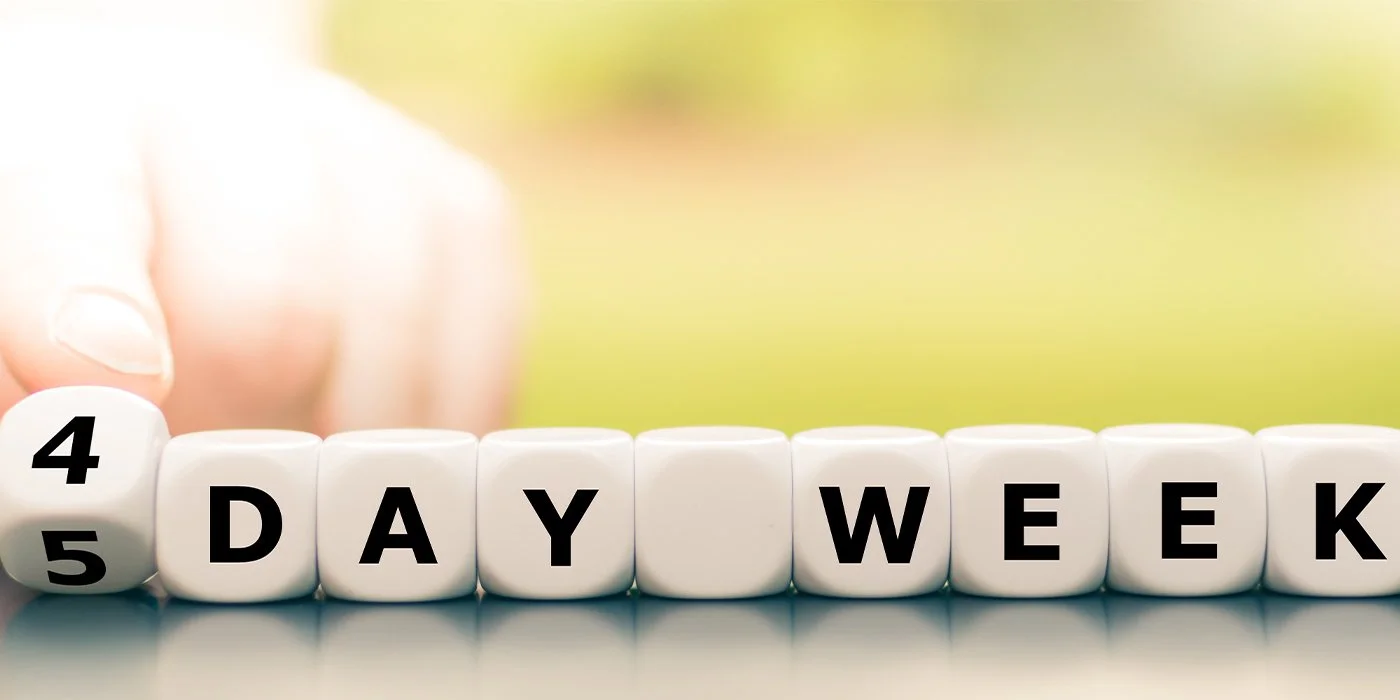The last couple of years have been filled with uncertainty and many people have been concerned about their future. This often leads to a feeling of stasis when it comes to how we think about our money. But improving Return on Life isn't something that happens in an undefined future. ROL is an ongoing process that allows you to balance in-the-moment enjoyment with your family's long-term security.
Here are three ways that you can leverage your financial plan to find your balance and start enjoying your money more.
1. Give Yourself Permission to Spend
Old-fashioned financial planning puts a heavy emphasis on saving and investment goals you need to hit on your way to retirement. Folks who follow this model are often extremely focused on "hitting a number" above all other financial considerations. Often that means living more frugally and working longer than they really need to.
A healthier approach might be to pay yourself first by making automatic monthly contributions into your retirement accounts, budgeting for the month's expenses ... and then having a little fun! Yes, a solid financial plan includes setting some limits and monitoring your progress. But within those boundaries you should still have room to replace your old car, build that backyard swimming pool, or take a family vacation you've been putting off for too long.
2. Build-Up Reserves
One of the golden rules of financial planning is: "Plan for what you know is coming and prepare for the unexpected."
To that end, we often advise our clients to create a special savings reserve, ideally in a separate bank account. These are the funds that you will rely on if you or your spouse suffer an unexpected job loss, or if you have a sudden medical emergency, or if your home needs a repair that insurance doesn't cover.
Sometimes these funds are called "emergency buckets," but there could be more positive situations where you'll appreciate having this reserve. For example, perhaps you need a little extra support as you transition to a new career. Or maybe you use reserve funds when you retire early and need to pay health care premiums before you're eligible for Medicare at age 65.
Your reserves should be able to cover 3 - 6 months of your living expenses. Setting a long-term goal and filling that bucket with a comfortable cushion can provide real peace of mind, especially once you retire.
3. Prioritize
If you have the resources to improve your Return on Life now but you don't feel free to enjoy yourself more, you might need to reassess your relationship to your money.
One question we often discuss with our clients is, "What is your money really for?" The ultimate purpose of money isn't to keep earning more of it. Your money is supposed to be a vehicle that takes you from where you are right now to where you want to be. And, hopefully, along the way, you use your money to take some pitstops where you can enjoy the sites, the people, and the activities that make your life worthwhile. Too many people who wait for "the right time" to enjoy the rewards of a lifetime of hard work find that "the right time" never comes.
Are you having trouble connecting your time and your money to your top priorities? The $Lifeline tool can help you prepare for upcoming transitions. Schedule a call and let's start planning to make every stage of your life as fulfilling as possible.













